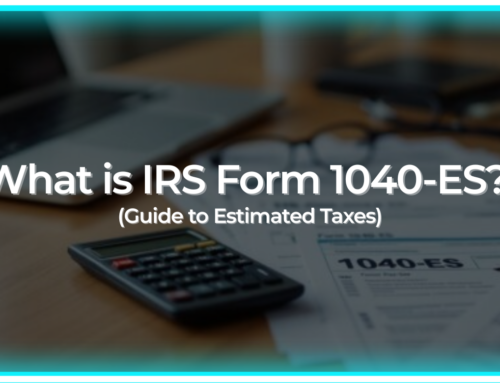Hi, I’m Bette Hochberger, CPA, CGMA. Navigating the world of meal and entertainment deductions for your small business can be a complex task, especially with the ever-changing tax laws. Understanding what is fully deductible, partially deductible, and nondeductible is crucial for maximizing your business’s tax benefits.
In this blog, we’ll break down the key aspects of meals and entertainment deductions for the year 2024.
2023 Meals and Entertainment Deduction Changes:
With the passage of the Consolidated Appropriations Act in 2020, the rules for deducting meals underwent significant changes. In 2021 and 2022, food and beverages purchased from a restaurant were 100% deductible.
However, for purchases made in 2023 onwards, the rules revert back to the Tax Cuts and Jobs Act, meaning that restaurant purchases are no longer fully deductible.
Fully Deductible Meals and Entertainment:
Certain expenses qualify for a 100% deduction. Here are some examples:
- Company-wide Holiday Party: Expenses incurred for a company-wide holiday party are fully deductible.
- Free Food and Drinks for the Public: If you provide food and drinks to the public free of charge, those expenses are fully deductible.
- Taxable Compensation to Employees: If food is included as taxable compensation to employees and is reported on the W-2, it is fully deductible.
50% Deductible Expenses:
Several common expenses fall under the 50% deductible category. These include:
- Client Meetings: Meals with clients where work is discussed, as long as they are not lavish, are 50% deductible.
- Employee Meals at Conferences: Meals provided to employees at conferences, beyond the ticket price, are 50% deductible.
- Traveling Employee Meals: Meals for employees while traveling are 50% deductible (the IRS definition of “travel” applies).
- Board Meetings: Food expenses for board meetings are 50% deductible.
- Late Working Meals: Dinner provided for employees working late is 50% deductible.
Entertainment Tax Deduction:
The Tax Cuts and Jobs Act brought significant changes to entertainment deductions. Entertainment expenses are no longer deductible. This means that expenses related to golf games, courtside tickets, and other entertainment activities are no longer eligible for deduction.
Nondeductible Expenses:
While most work-related meal purchases are either 100% or 50% deductible, there are exceptions. Some nondeductible scenarios include:
- Paying for Clients’ Night Out: If you pay for your clients’ night out but don’t attend, it is nondeductible.
- Client Meals with Friends or Spouses: If you invite friends or spouses to a client meal at a restaurant, the cost of your friends is nondeductible, but you can still write off half the client bill.
- Client Entertainment: With the Tax Cuts and Jobs Act, client entertainment expenses, such as VIP parties or luxury cruises, are nondeductible.
Staying informed about the latest tax regulations is essential for small businesses aiming to make the most of available deductions. By understanding the nuances of meal and entertainment deductions in 2024, you can ensure compliance with the law while optimizing your tax benefits.
Always consult with a tax professional for personalized advice tailored to your business’s unique circumstances. I’ll see you all again next time!







